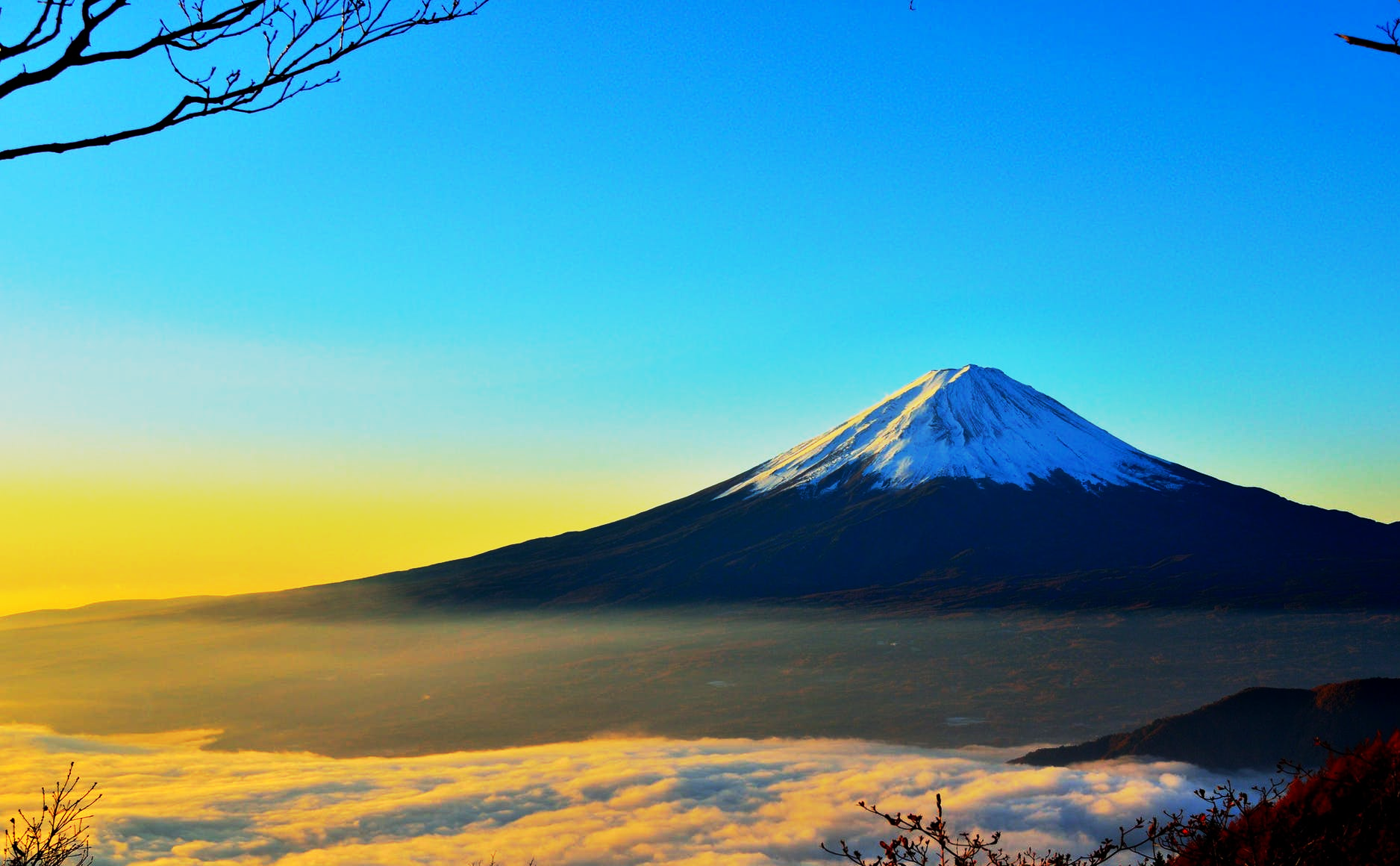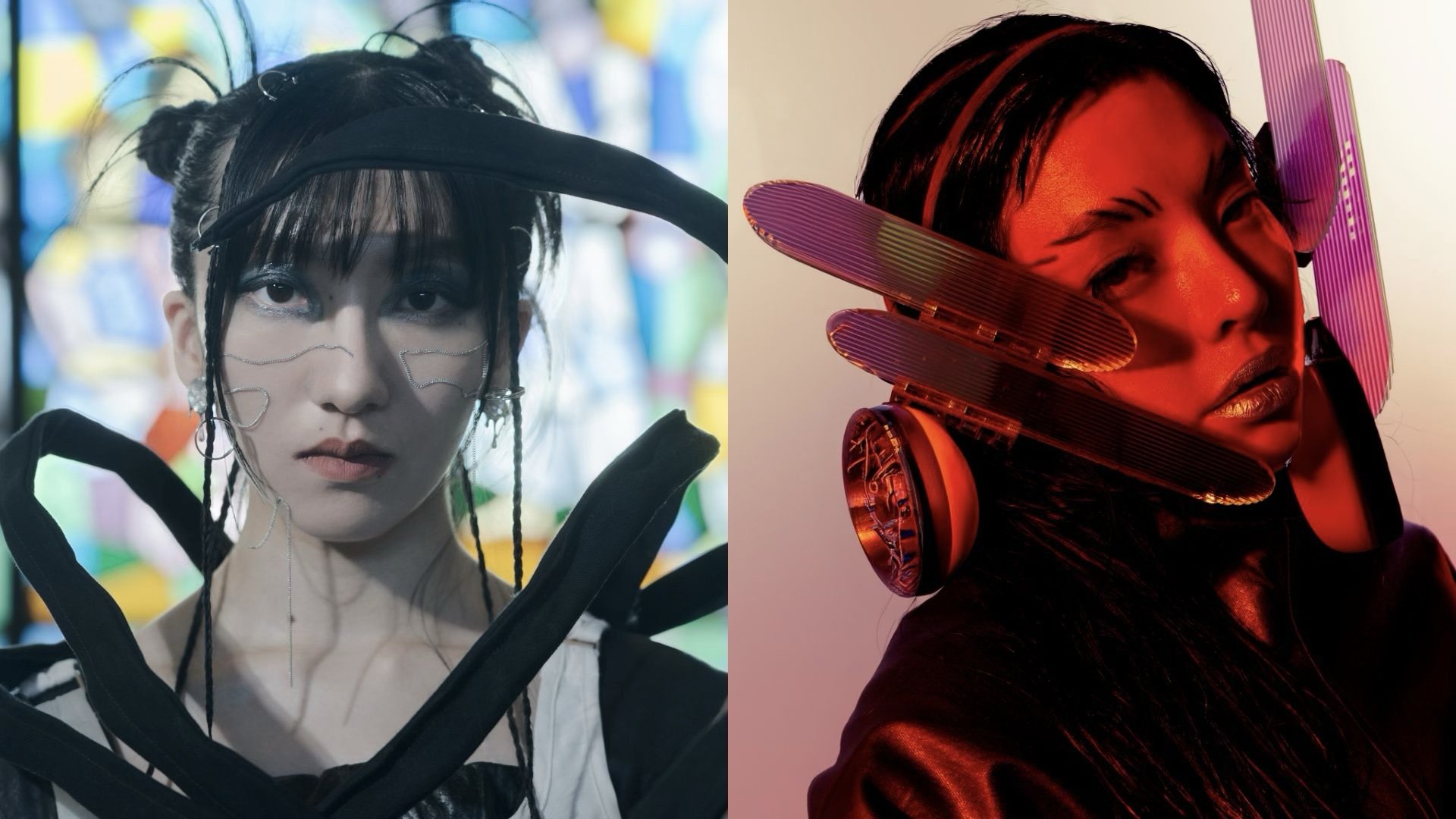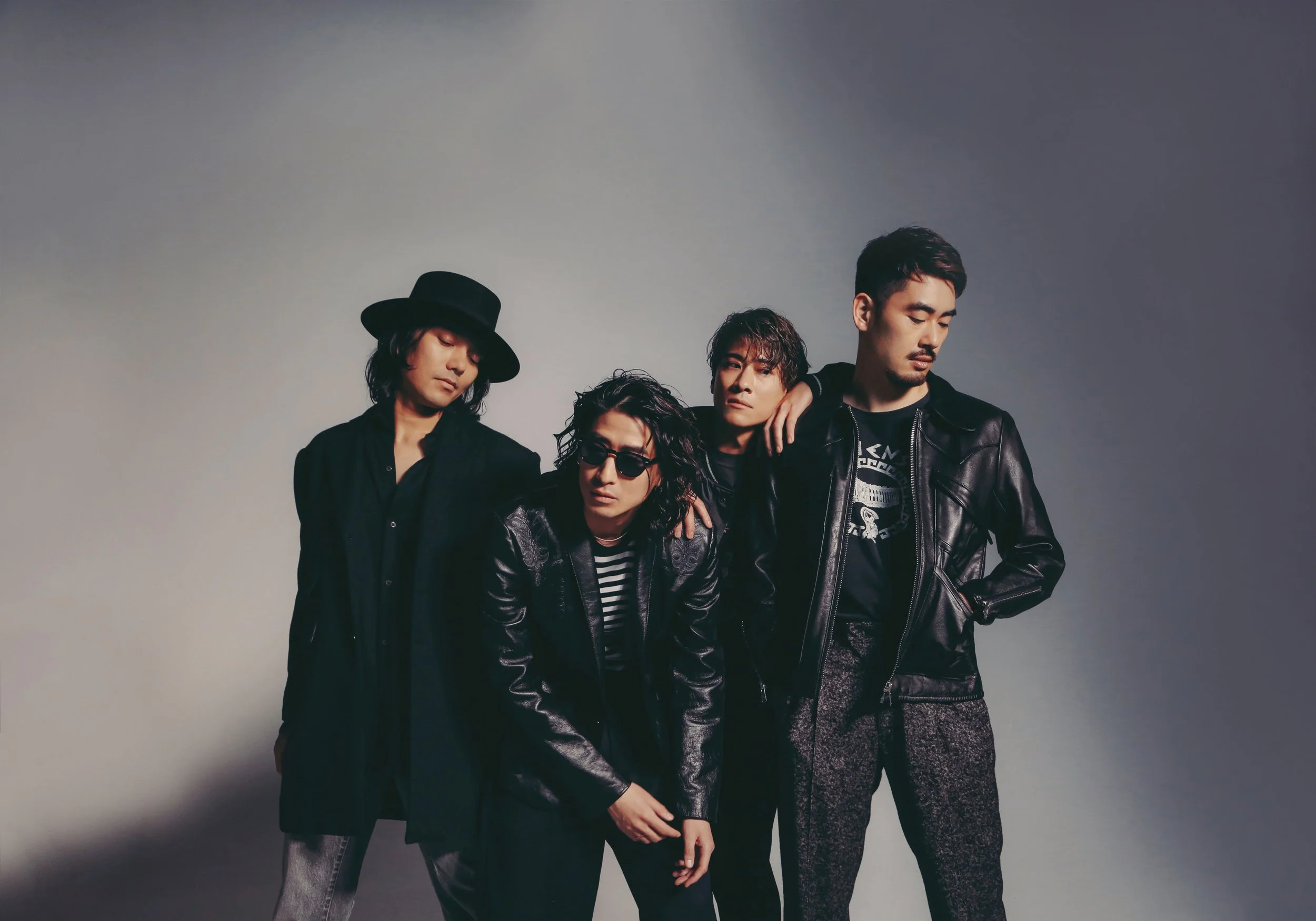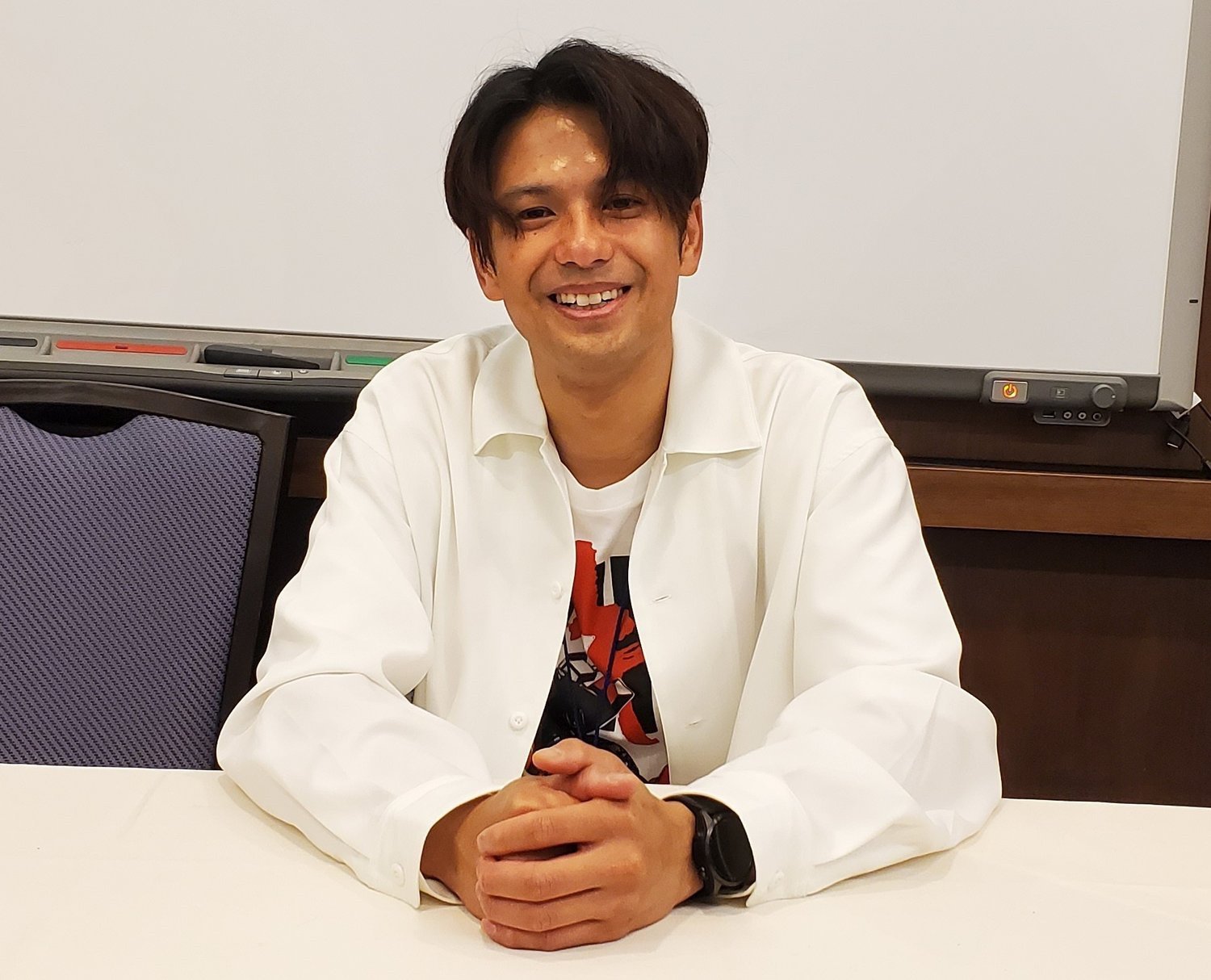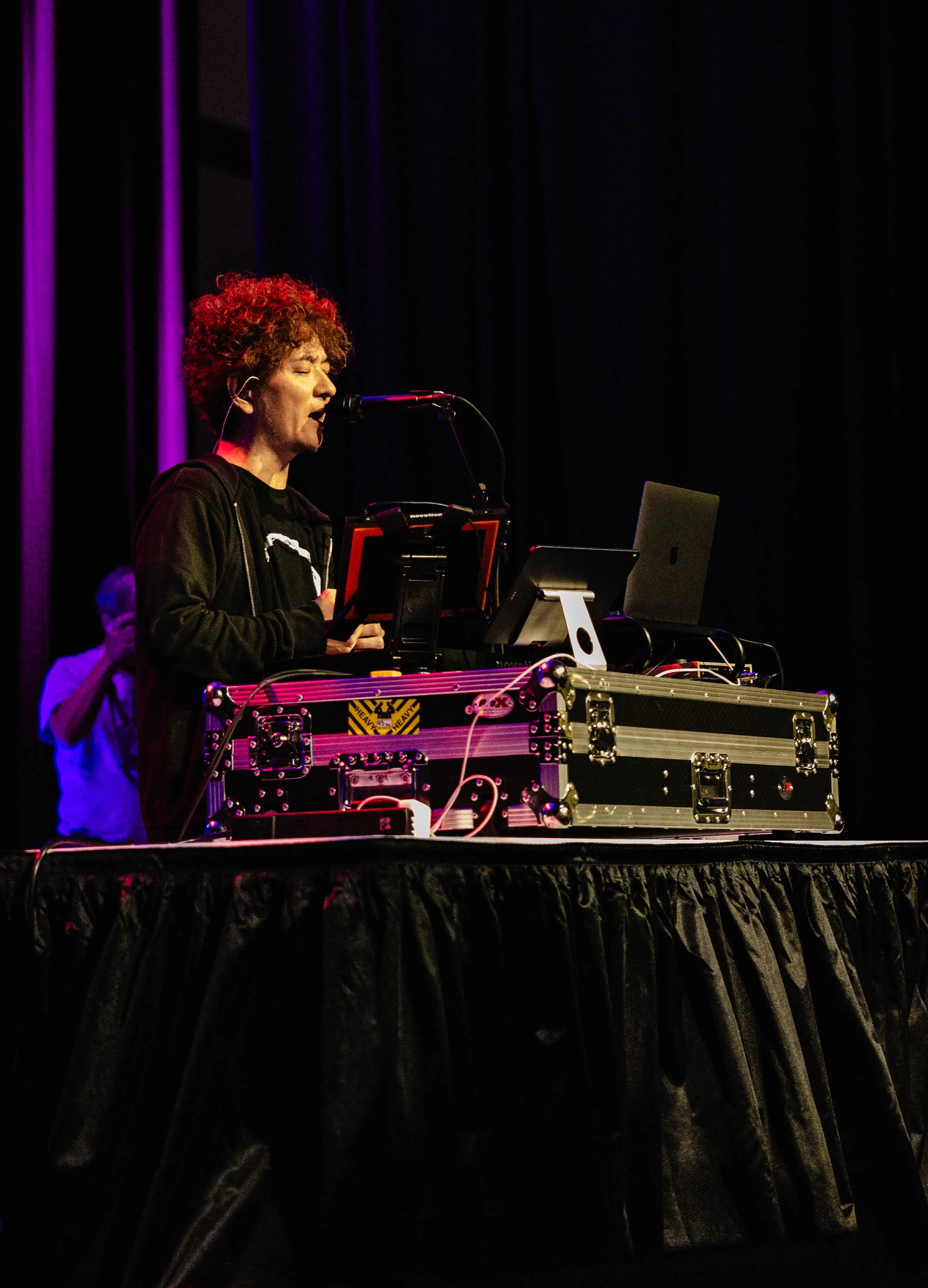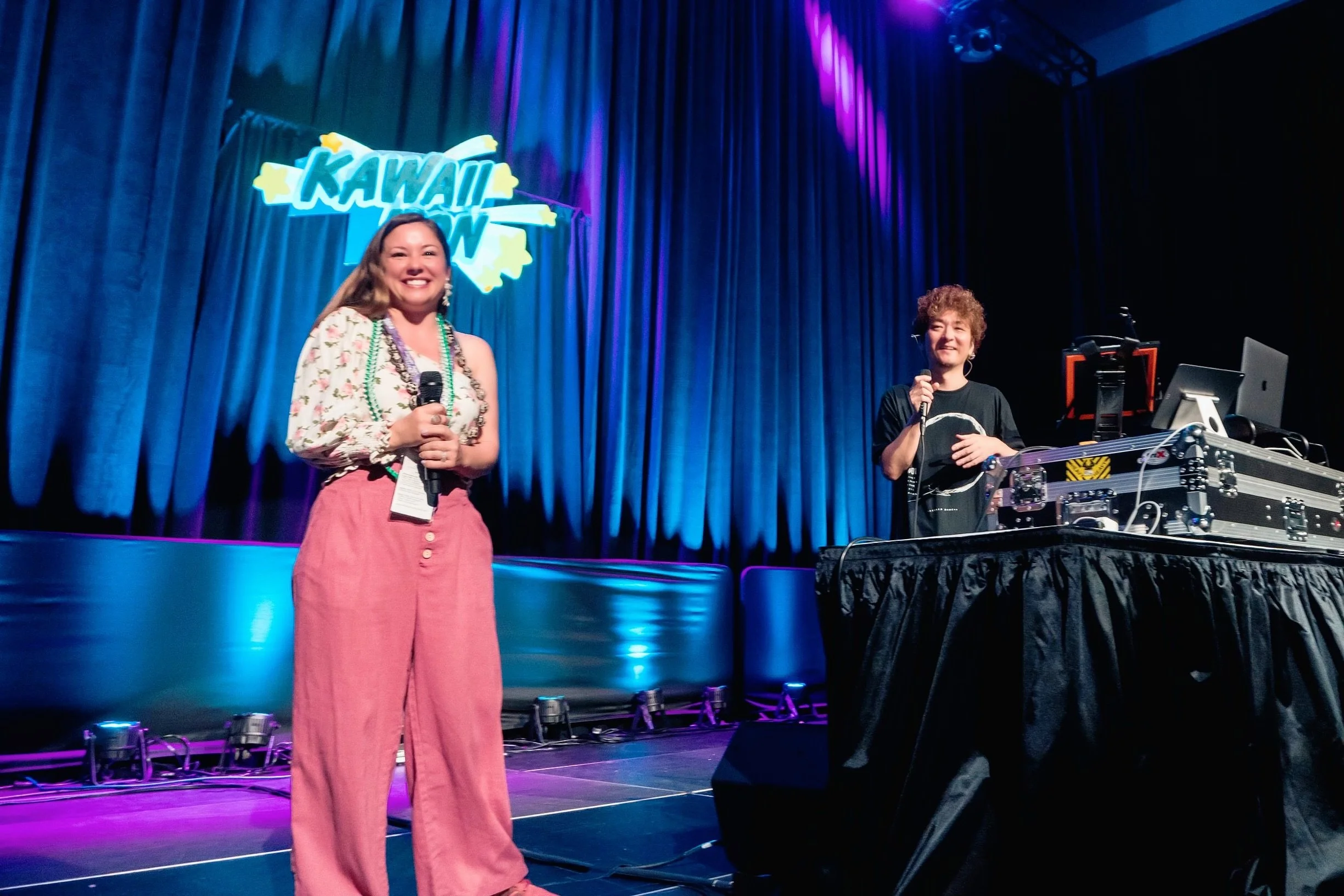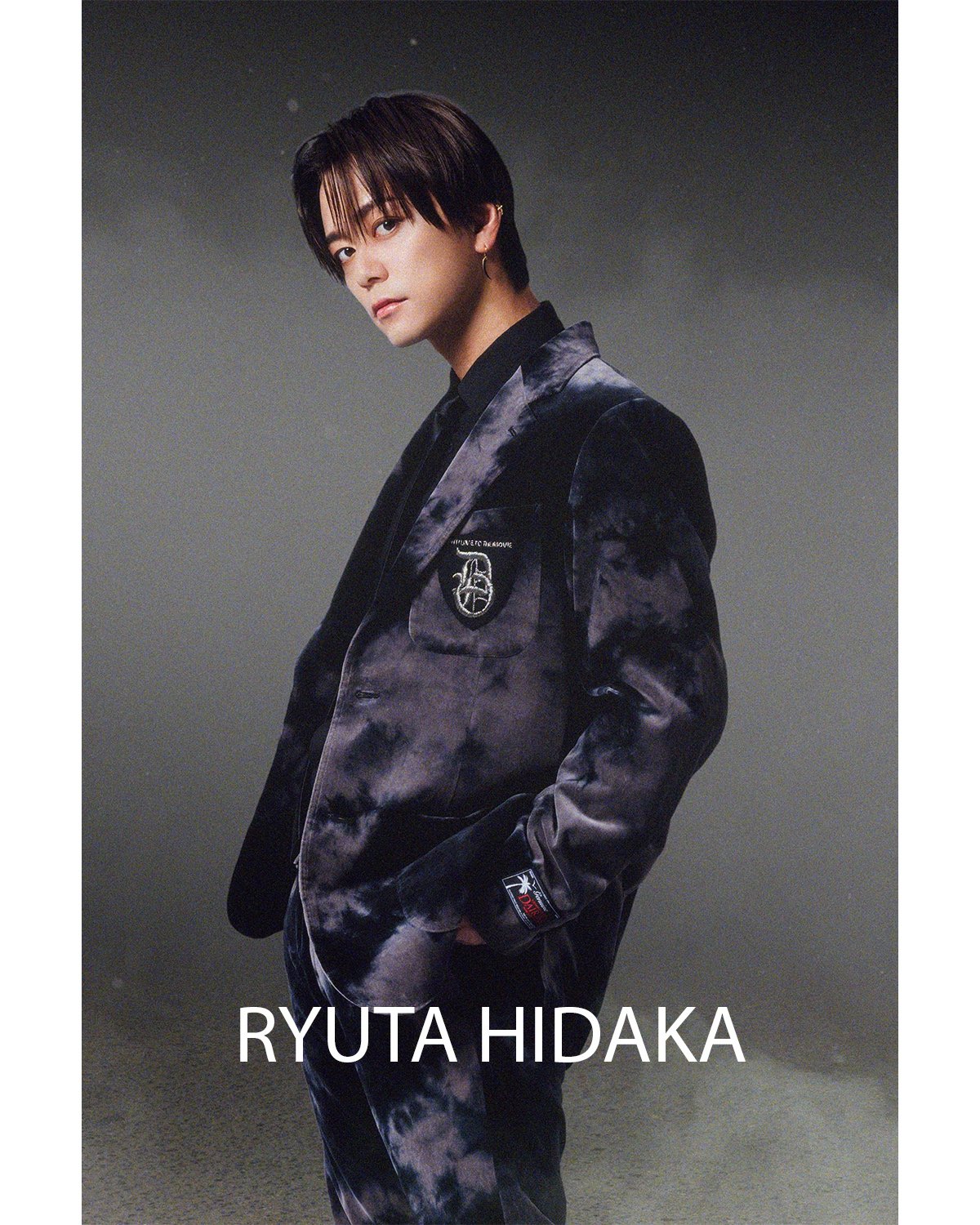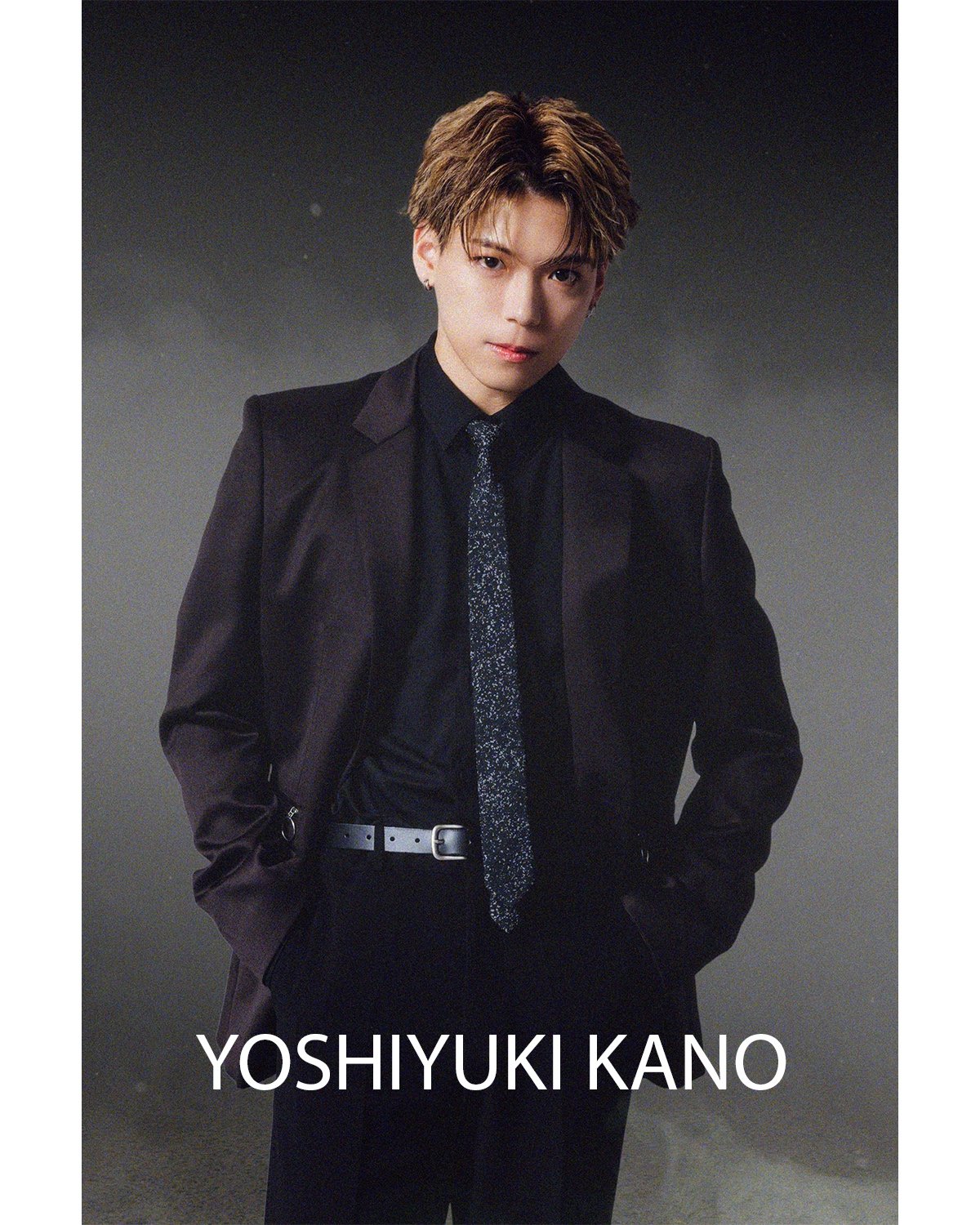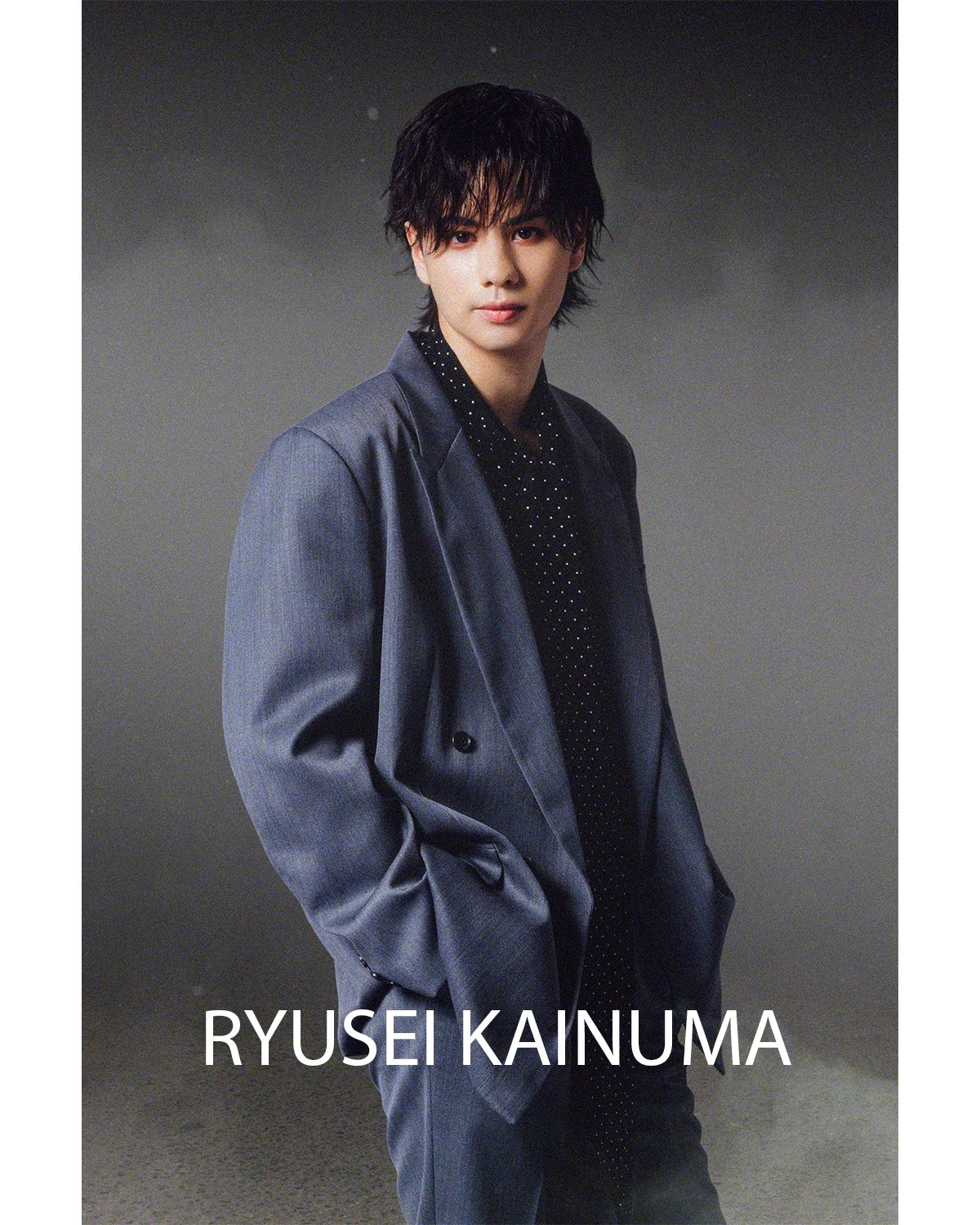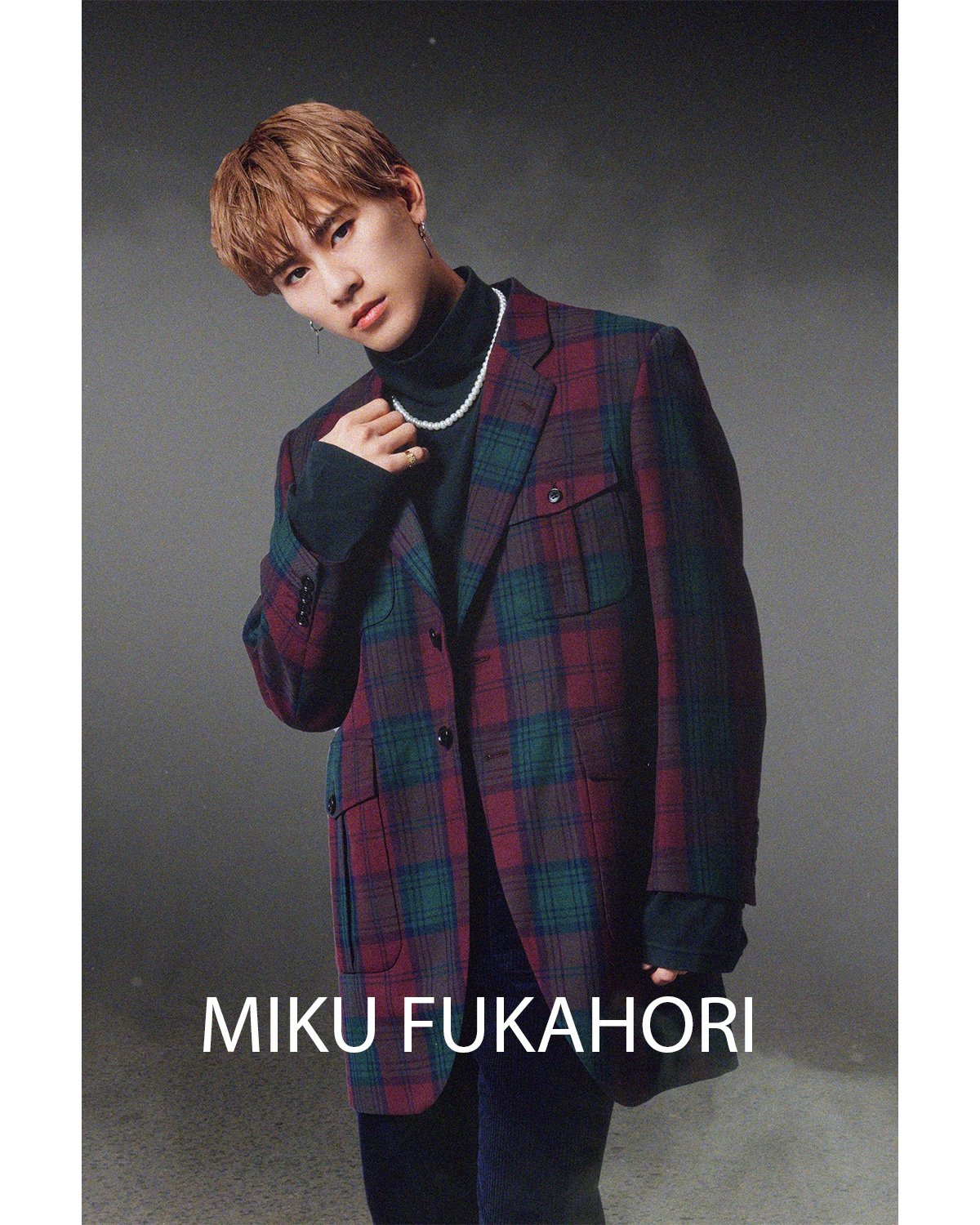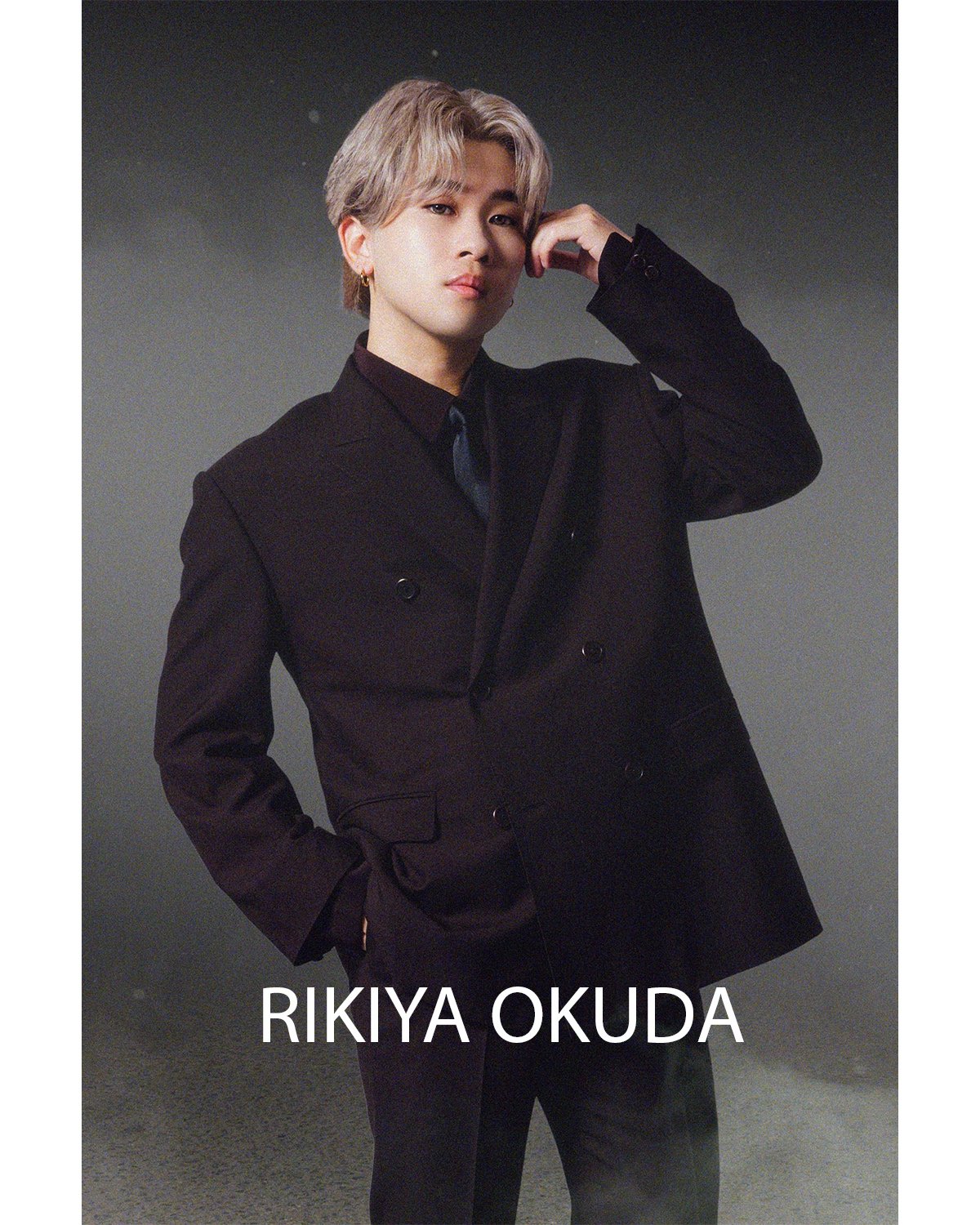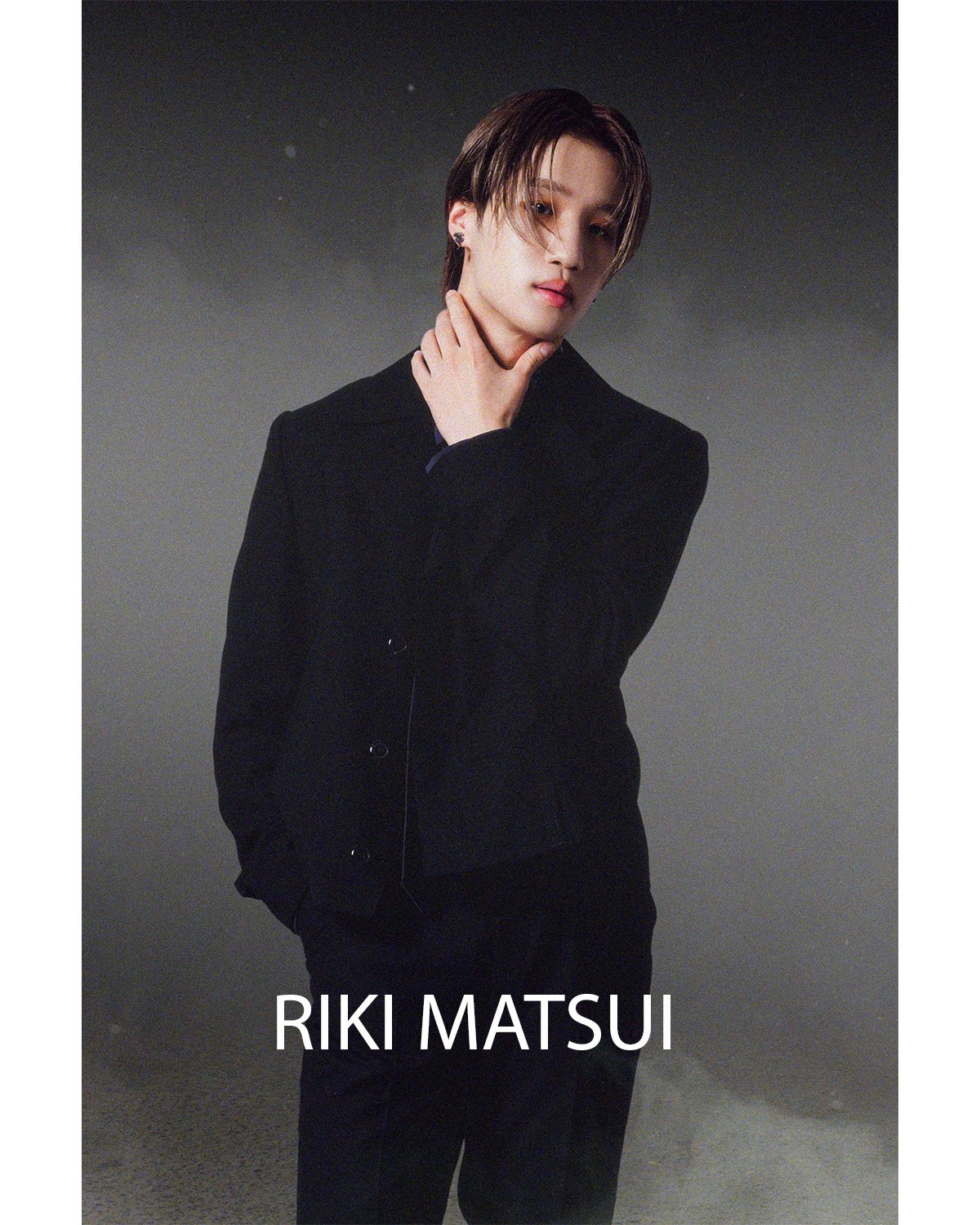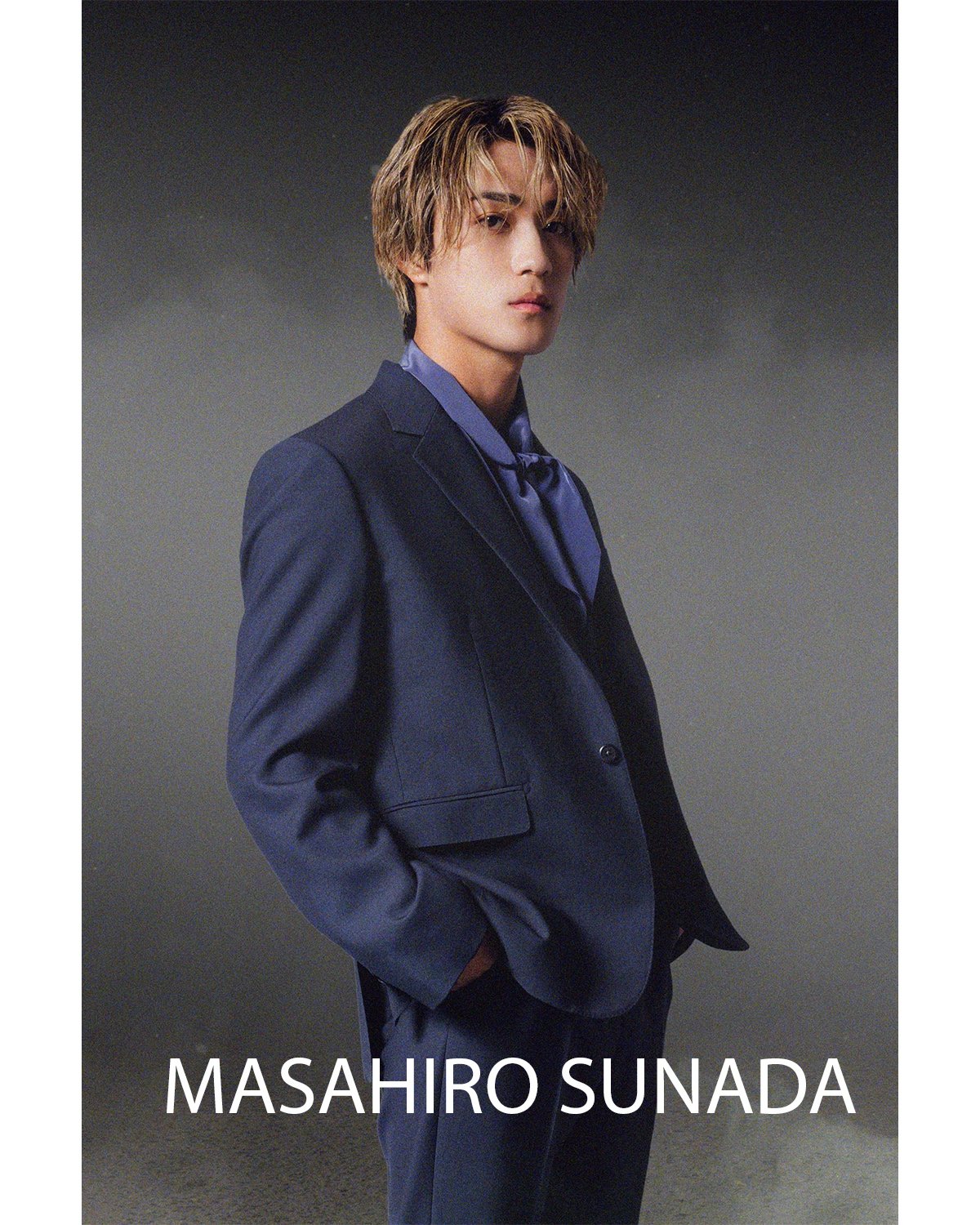I Don't Like Mondays. 10th Anniversary Interview
/I Don’t Like Mondays. (IDLMs.) is a four-member rock band based in Tokyo that was founded in 2012. Despite their 80's sound roots, their meticulous music production and groove transcend boundaries between Japanese and Western music./Their songs evoke a sensation akin to driving through the city. The band members are YU (vocals), CHOJI (guitar), KENJI (bass guitar), SHUKI (drums). We had the honor of interviewing them on the cusp of the their release of the EP FOCUS and the celebration of their 10th Anniversary! Be sure to check out their latest music video, “Shadow” below!
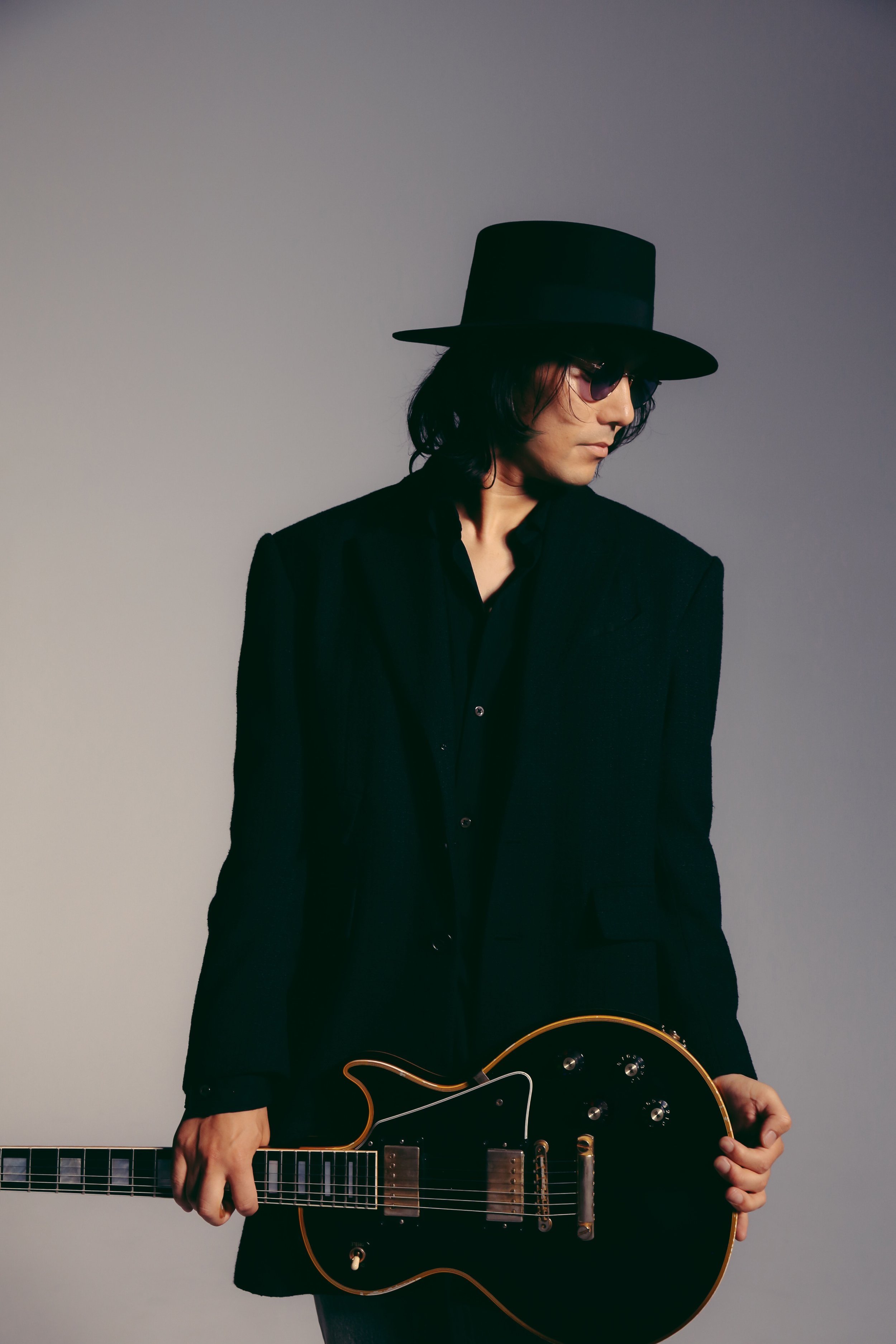
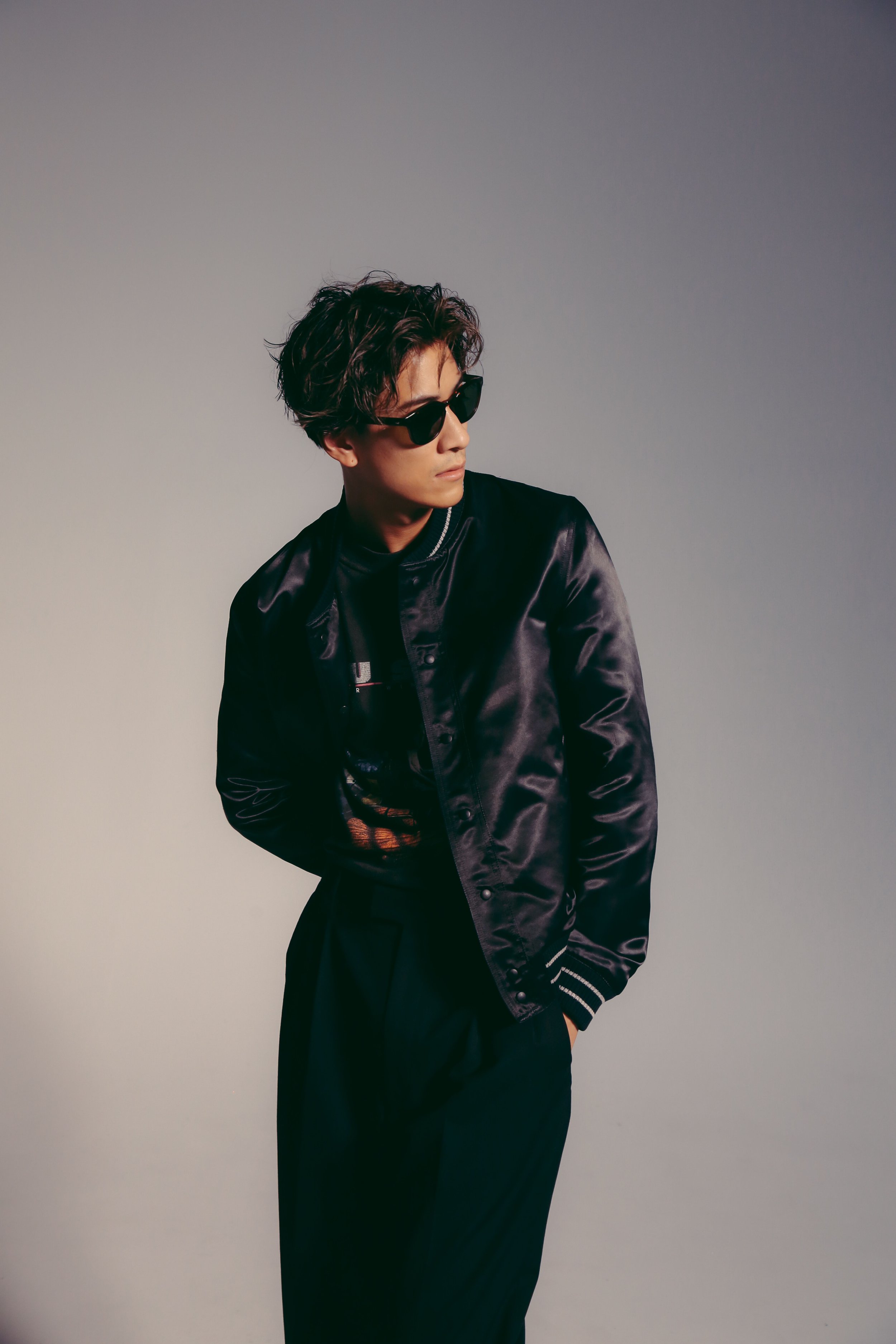
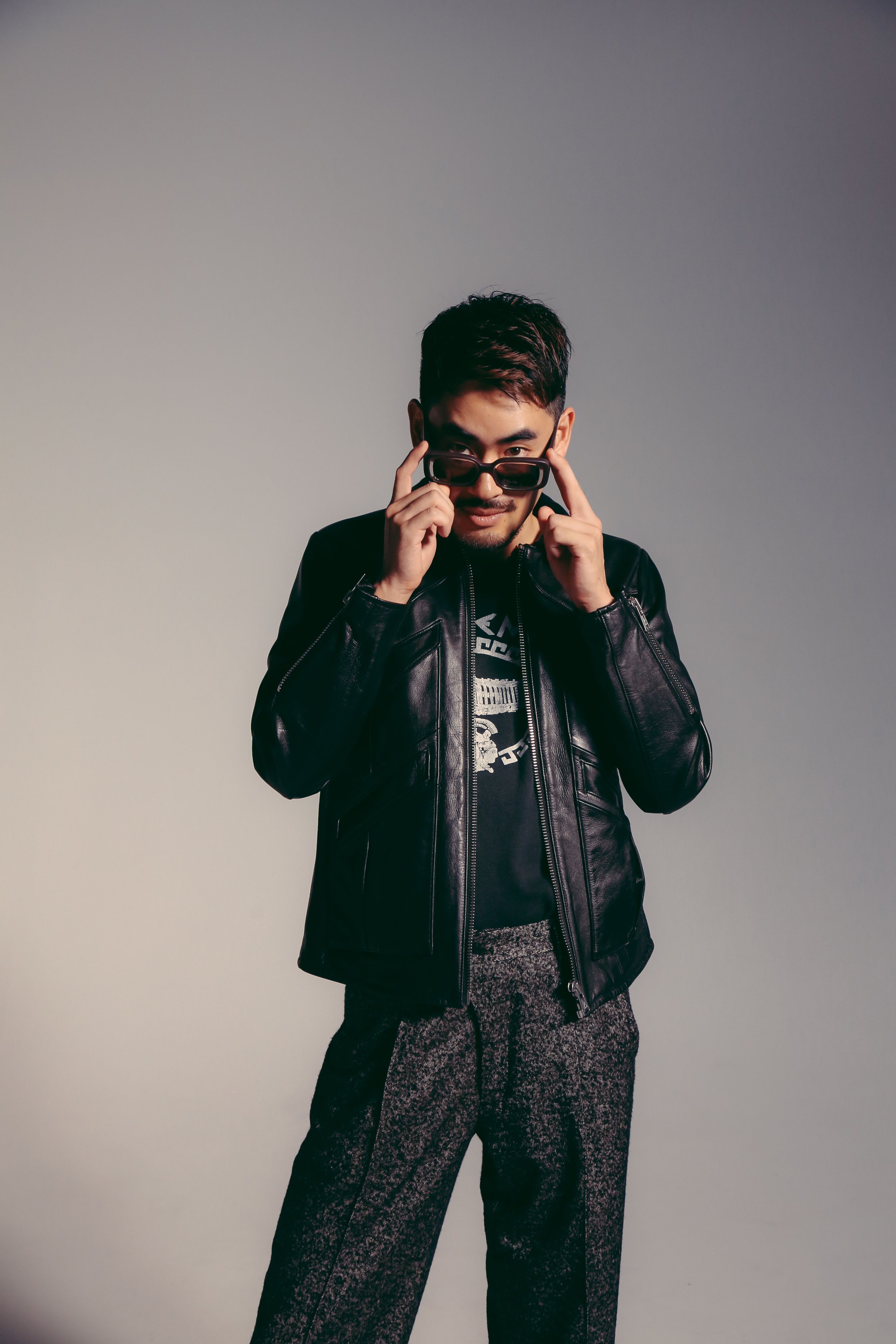
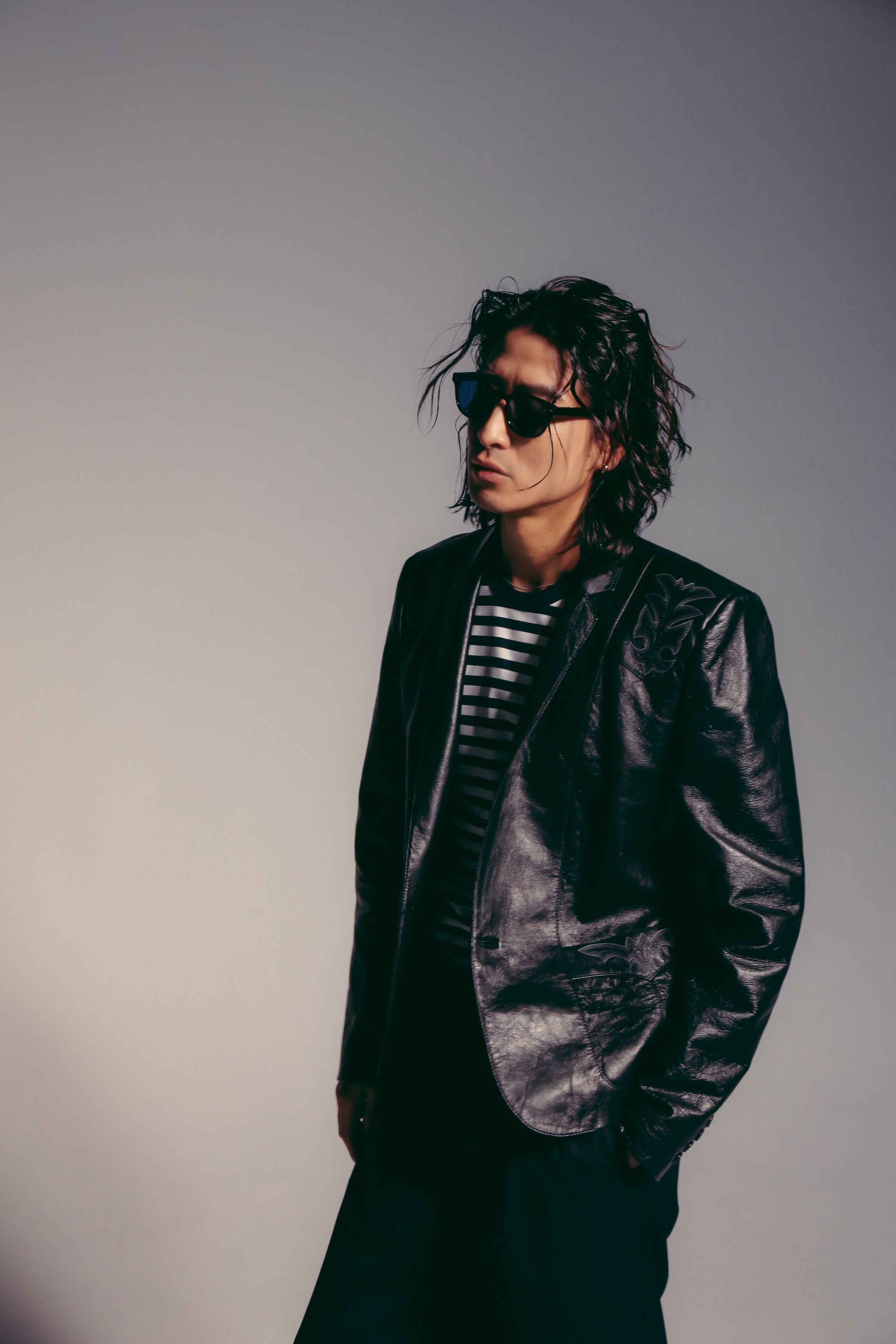
Ken: Congratulations on reaching your 10th anniversary! How does it feel to have been making music together for a decade?
YU It feels like it’s been a long journey, yet it also feels like the time has flown by. Over the last 10 years we’ve changed labels, had periods when we couldn’t perform live due to the pandemic, and as the vocalist, I even made some significant changes to how I sing. When we first started the band, we never imagined we’d be doing a theme song for “ONE PIECE” or holding solo tours overseas. We’ve tried a lot of things–it took us 10 years to finally discover what we should be doing.
Ken: Looking back over the past 10 years, what are some of the most memorable moments or milestones for the band?
YU: Writing the theme song for the TV anime “ONE PIECE.” It helped us gain recognition in Japan, of course, but it also immediately introduced us to audiences worldwide. Thanks to that song, we were able to perform in places like Spain, Argentina, and Brazil, places we couldn’t have easily gone before.
“During the pandemic, we focused on creating music meant for listening to alone, at home or through earphones”
Ken: How has your music evolved since your first album? Are there any particular influences or experiences that have shaped your sound over the years?
SHUKI: In our debut era albums like “PLAY” and “TOKYO,” we put all our passion into producing every single track. We experimented with various genres in a single release—EDM-like tracks, hard rock elements, UK-inspired sounds—hoping our fans would enjoy this variety. While we still incorporate different genres in our music, after a decade we’ve honed our identity as a band, making it easier to convey our character and the sound we want as a band. During the pandemic, we focused on creating music meant for listening to alone, at home or through earphones. We’ve also occasionally been inspired by both traditional and trendy J-POP.
Ken: What challenges have you faced as a band over the past decade, and how have you overcome them?
SHUKI: We’ve faced new challenges every time we write a new song over the last 10 years. We always tell ourselves, “It’s okay! We can do this!” to get through it.
Ken: To what do you attribute the band’s longevity and continued success?
KENJI: Sometimes when we’re all gathered in the music room to compose, we think CHOJI is playing the piano. But then we looked closer and realized he was playing while asleep.
“ I want to make the next decade one where every single song, album, and tour makes people say, “The current I Don’t Like Mondays. is the coolest.”
Ken: As you celebrate this milestone, are there any new goals or aspirations you have for the next decade?
YU: I want to make the next decade one where every single song, album, and tour makes people say, “The current I Don’t Like Mondays. is the coolest.”
Ken: For your 10th anniversary, you’re releasing a new EP. Can you tell us about the inspiration behind this project?
YU: In our previous album “RUNWAY,” we managed to reaffirm the kind of band we aim to be and the music we want to deliver to the world. The word “FOCUS” also has the meaning of focusing on the ‘band we aim to be’ something we discovered through our previous release. The album has seven tracks which span various genres, and I think it really shows our charm.
Ken: How does the sound and style of this EP compare to your earlier work? Are there any new elements or directions you’re exploring?
CHOJI: “FOCUS” could be seen as a sequel to “RUNWAY.” In producing “RUNWAY,” we regained awareness of the kind of music we want to create. We carefully selected only the songs we need now, keeping in mind that we’d be performing them live. It enhanced the clarity of the “I Don’t Like Mondays” sound, both the lyrics and our sound.
Ken: What was the songwriting and recording process like for this EP? Did you approach it differently than you have with past projects?
CHOJI: This album led to us making the most demos we’ve ever made. We held meetings every few months to discuss what kind of songs we needed for the current version of the band, while keeping in mind that we’d be performing them at concerts.
Ken: What do you hope listeners will take away from this EP, and how do you think it reflects your journey as a band over the past 10 years?
KENJI: Some artists celebrate milestones like these with best-of albums or self-covers of their past hits. But instead of looking back on the past, it’s our intention to “FOCUS” on the future starting with our 11th year, which is part of the meaning behind the word “FOCUS.” We hope our fans will enjoy it as the culmination of our 10 year career so far.
Ken: How have the relationships and dynamics between band members evolved over the past 10 years?
KENJI: It hasn’t changed much. Sometimes we have differing opinions during production, but as I mentioned earlier, we’ve always maintained a level of distance and respect each other as adults.
Ken: Are there any live performances that stand out as particularly memorable for you? What made them special?
CHOJI: When we performed in Yantai, China. The audience made various flags and held them up during the show. I’d never seen anything like that in Japan so it felt really fresh, and I was happy to see a flag with our logo on it.
Ken: Do you have any memorable stories or messages from fans that have touched you over the years?
KENJI: When we performed the song “Zenbu Anata no Sei Nan Da” while on tour in China. That’s usually a song fans listen to quietly in Japan, so we assumed it’d be the same there. But in China, the audience sang along loudly. I was surprised to see such a big difference in the way the same song could be enjoyed.
“We’ll work hard to perform live in big venues all around the world, so we can do all the on-stage things we’ve been wanting to do!”
Ken: Are there any new plans or innovations for your upcoming tours or live performances?
SHUKI: We’ll work hard to perform live in big venues all around the world, so we can do all the on-stage things we’ve been wanting to do!
Ken: Lastly, is there anything you would like to say to your international fans?
YU: We may not have many chances to meet, but keep listening to our music and wait for us until we come to your city! Thank you for everything!
